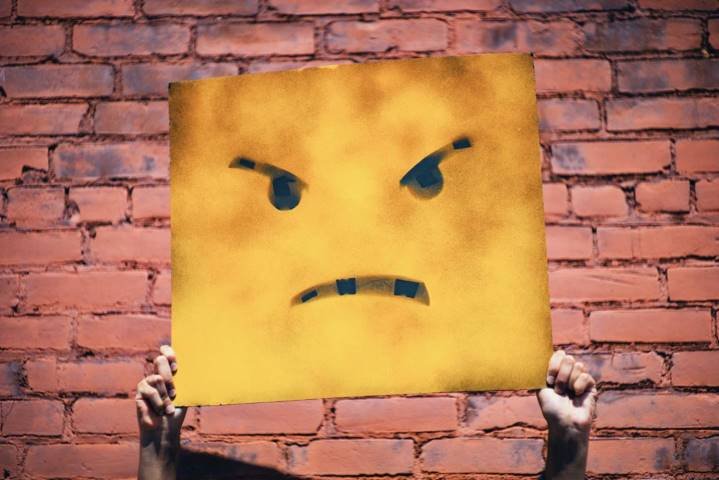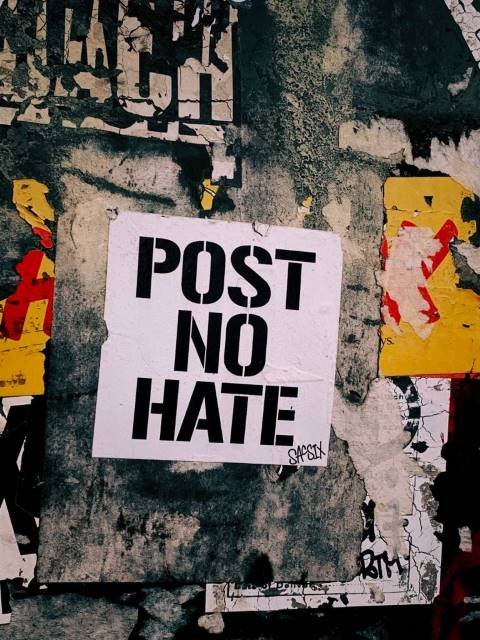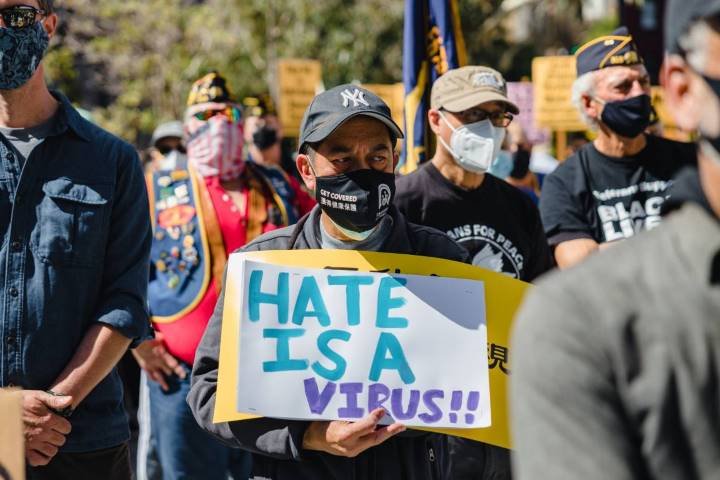Why so much Hate?

Hate can arise from a variety of reasons, including fear, ignorance, personal experiences, and cultural or societal influences. Some individuals may have experienced trauma, discrimination, or abuse that has resulted in feelings of anger and resentment towards certain groups or individuals. Others may have been raised in environments that promote prejudice and discrimination, leading to the internalization of negative attitudes and beliefs.
In some cases, hate can also be fueled by a desire for power or control over others, or a need to feel superior to others. Additionally, the anonymity and distance provided by the internet can sometimes enable people to express hateful and discriminatory views that they may not feel comfortable sharing in face-to-face interactions.
It is important to recognize that hate is not a productive or healthy emotion, and that it can lead to harmful actions and attitudes towards others. It is important for individuals to reflect on the root causes of their feelings and attitudes, and to actively work towards promoting understanding, empathy, and respect for others.
What people hate most?

What people hate most can vary greatly depending on individual experiences, beliefs, and cultural context. However, some common things that people may express dislike or hate towards include:
Injustice and inequality: Many people may feel strongly about issues of injustice, discrimination, and inequality, whether it be related to race, gender, sexuality, or other factors. Seeing others suffer due to unfair treatment or societal structures can evoke strong negative emotions.
Hypocrisy: People may dislike individuals or groups who they perceive as being hypocritical or inconsistent in their actions or beliefs. This can include politicians, religious leaders, or other figures who may say one thing but do another.
Rudeness and disrespect: Most people value politeness and respect towards themselves and others. When individuals are rude, dismissive, or disrespectful, it can provoke feelings of anger and frustration.
Betrayal: People may feel hurt and angry when they are betrayed by someone they trusted, whether it be in a personal or professional context. This can include lying, cheating, or breaking promises.
Change: While change can be positive and necessary, some people may resist change and feel uncomfortable or threatened by it. This can be related to changes in their personal lives or larger societal shifts.
It is important to note that hate is a destructive emotion, and it is important for individuals to work towards addressing the root causes of their negative feelings and finding productive ways to cope and engage with the world around them.
Is hate permanent or temporary?
Hate is not necessarily permanent, but it can be difficult to overcome without intentional effort and personal growth. Hate is a strong emotion that is often rooted in deep-seated beliefs and experiences, and it can be challenging to let go of those feelings and attitudes.
However, with time, reflection, and a willingness to change, it is possible to move past hate and cultivate more positive attitudes and behaviors. This may involve seeking out education and experiences that challenge one’s preconceptions, practicing empathy and understanding towards others, and engaging in activities that promote personal growth and well-being.
Can you overcome Hating something?
It is important to note that overcoming hate is a process that is unique to each individual, and it may not happen quickly or easily. However, with patience, persistence, and a commitment to personal growth, it is possible to overcome hate and cultivate more positive and fulfilling relationships with others.
Hate is a Virus.

Hate can be seen as a kind of virus in the sense that it can spread from person to person and infect individuals and communities. When people express hateful attitudes or engage in discriminatory behaviors, it can have a ripple effect and influence the attitudes and behaviors of those around them.
Hate can also be contagious in the sense that it can breed more hate and negativity. When individuals experience hate or discrimination, it can lead to feelings of anger, fear, and resentment, which can in turn fuel more hateful attitudes and behaviors.
Hate is not an inevitable or natural state of being, and it is possible to overcome and counteract hateful attitudes and behaviors. This may involve promoting empathy, understanding, and positive social norms, as well as actively working towards justice and equality for all individuals and communities.
You may also Hate,